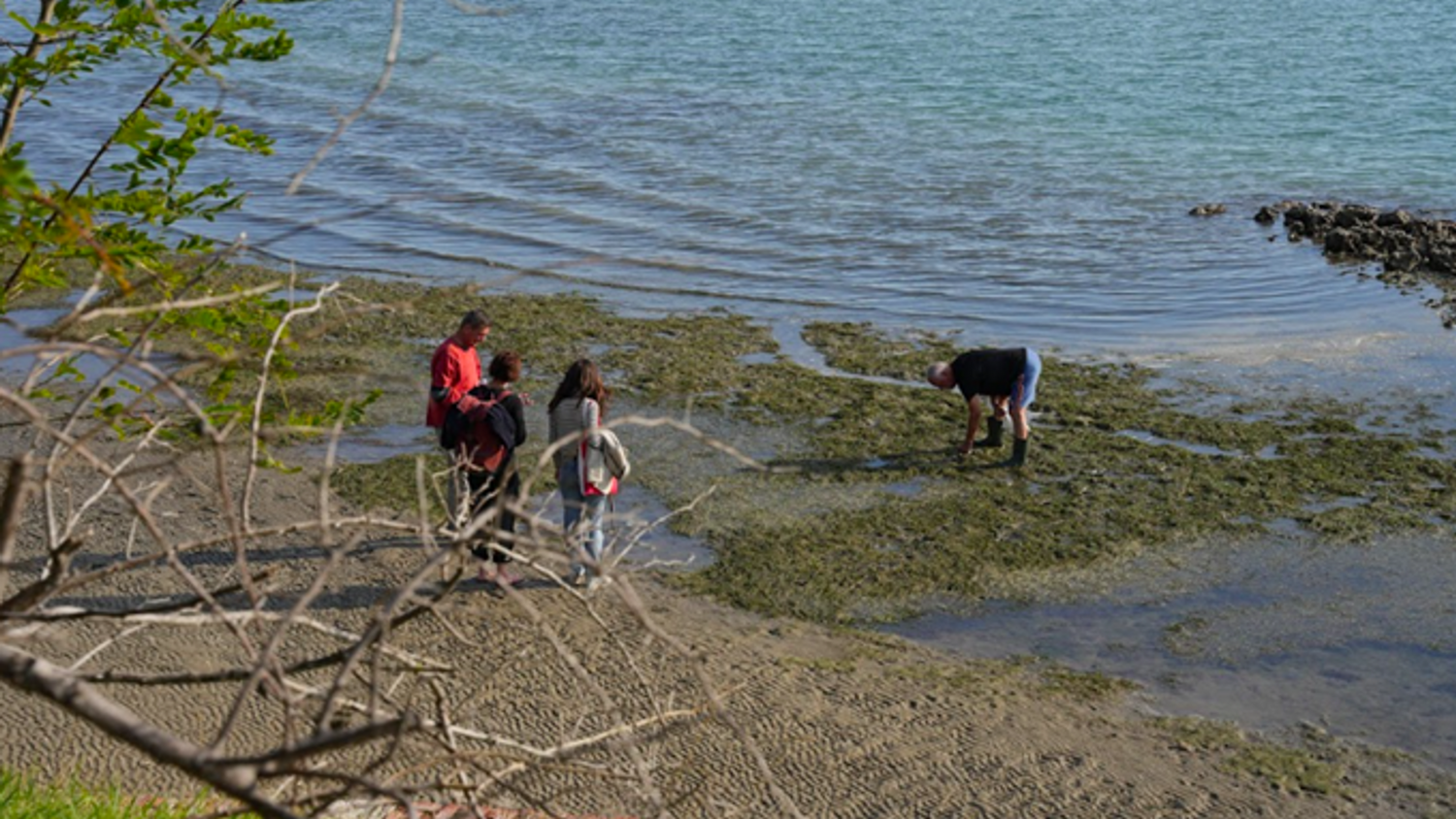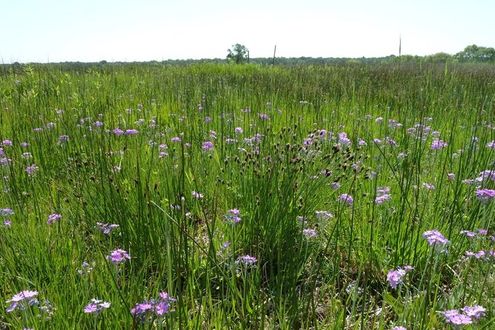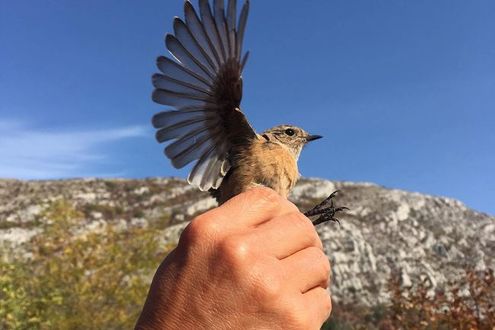Photography by Eleonora Sovrani, We are here Venice: Touring the Salt Marsh
There are plenty of exciting ways for people at home to get involved in the WaterLANDS project, with citizen science projects planned to launch in 2023 at three of the project’s restoration sites in Estonia, Italy and the United Kingdom.
Citizen science can bring nature and people together. The citizen science activities within the project will explore the “re-seeing” of landscapes, aim to reinforce community ties with wetlands and help to build community support for wetland restoration.
WaterLANDS will initially focus its restoration efforts at six wetland “Action” sites across Europe, where community input and engagement will be integral to the co-creation of a new, holistic model for restoration. The three sites have vastly different contexts, and so have different community and cultural values. The citizen science activities at each site will be shaped to reflect the needs and values of the communities.
The Pärnu catchment of western Estonia has various Baltic bog areas identified for restoration including peat extraction fields, conifer plantations on peat soil and former mires and wet forest. The activities here will be aimed at children and local villagers, and will include a nature trail and biodiversity monitoring marathon.
The Venice Lagoon in Italy is a vast but undervalued network of salt marshes which provides many ecosystem services. Outreach, community engagement and advocacy will be key in the Venice Lagoon, to influence behaviours and attitudes to saltmarsh use that have become engrained over centuries. The planned citizen science project in Venice will promote marsh vegetation as an ecosystem engineer for diversity.
The Yorkshire iCASP Action Site covers a range of blanket peatland across Northern England including parts of three National Parks: Peak District, Yorkshire Dales and North York Moors. This site focuses on the vast ecosystem services provided by the Yorkshire peatlands in terms of water, amenity and carbon storage. In this area, the degraded state of the bog is linked to cultural heritage. The citizen science project will aim to shed new light on old traditions through peat core workshops.
If you are interested in these projects, keep an eye on the WaterLANDS website in 2023 for more news and updates.


